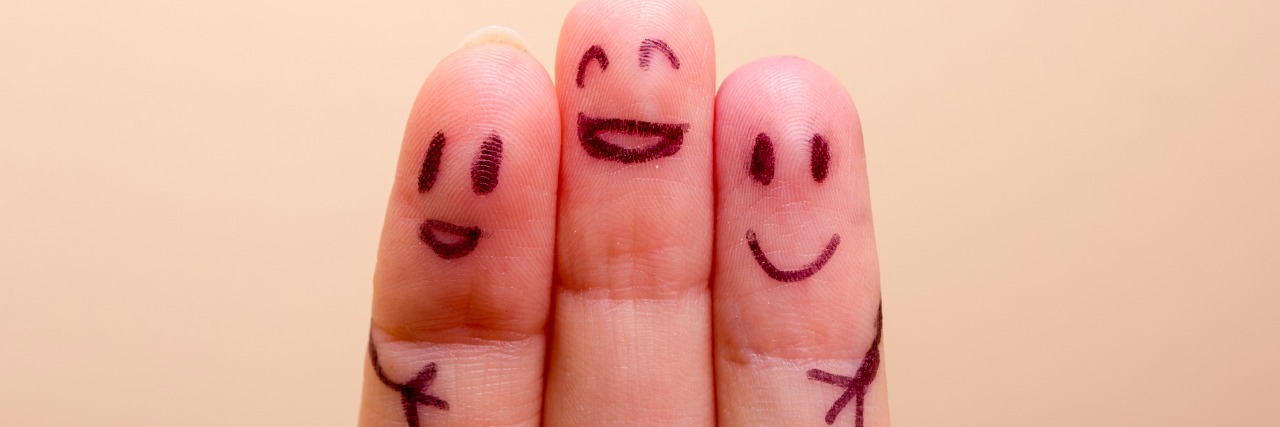A frequent and loud message in the chronically ill community is to “advocate for
yourself.” It’s crucial to our well-being in that advocating for ourselves leads to more answers, better treatments, and even more research. I’m learning to advocate for myself, and I’m getting much better, but it wasn’t always that way.
• What is Ehlers-Danlos Syndrome?
• What Are Common Ehlers-Danlos Syndrome Symptoms?
Some of us in this community are infinitely lucky about who we are surrounded by. Family, friends, and doctors are essentially our entire lives, so to have great ones of those is the best thing a chronically ill person could ask for. I got very lucky in all of those aspects, but one in particular.
My mom has always been my biggest advocate, even before I realized it. She was the one who first read up on Ehlers-Danlos syndrome when I was 9 years old, and pushed it later, once I was 21. She was the one who called a neuro-ophthalmologist and all but demanded an appointment when my eye was swollen shut with limited movement. She was the one who came with me to every appointment, asked questions, remembered what the doctors said, and defended me when they brought something in to question.
She posts on Facebook about my illnesses, spreading the word about invisible illnesses. She asks others to not judge individuals because you never know what someone might be going through. She posts on Rare Disease Day about my illnesses, posts articles and findings about my illnesses, and doesn’t hide my struggles or hers.
She has always been like this. Growing up, I was never able to appreciate it.
I’ve always lived with pain, and I’ve always lived with some of these illnesses, but we never had answers for them. I stopped talking about them sometime in my teens, when friends and doctors started telling me I was lying or that it was all in my head. Eventually, I stopped talking about it with my parents and brother as well. It was just easier.
It wasn’t until I called my mom at 6 a.m. on a weekday from college that I finally started talking about them again. I had attended college for a year and a half and had been trying, but the day that I called her, I lost it. I realized I couldn’t fight it any more, and I needed someone to talk to. So I turned to her. We made the decision for me to come home.
My pain, my fainting, my (lack of) appetite, my fatigue, my anxiety — they all needed to be dealt with. It took a long time for everything to get sorted out and for the diagnoses to come rolling in, but through everything, she was there to pick me up when I fell.
I’m not saying all of this to discredit my dad or my brother. My brother is the one I turn to when I can’t turn to my parents, and my dad is always looking out for my best interest. He is always standing behind me, reminding me to stay hydrated, asking if I’m all right, asking if I need anything.
I am lucky in life to have been surrounded by my family. It took 21 years to get my diagnoses, but that never stopped my parents from recognizing that I was sick, and from trying to help me as best they could. My entire life they have advocated for me, and who knows how many more years it would have taken for me to get a single diagnosis without them. I have learned to stand up for myself because of my mom, learned to take care of myself because of my dad, and learned to accept myself because of my brother. That doesn’t solve all of my problems, but it makes them a lot easier to deal with.
So thank you to my family, for believing me from the start and always trusting my body, even when none of us knew quite what it was saying.
Thinkstock photo by Vimvertigo

